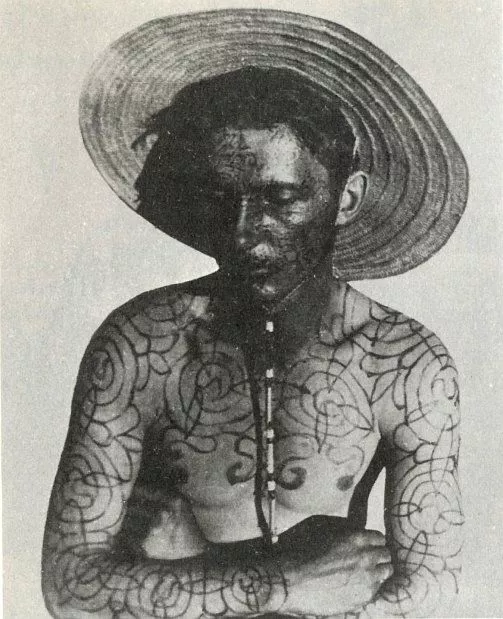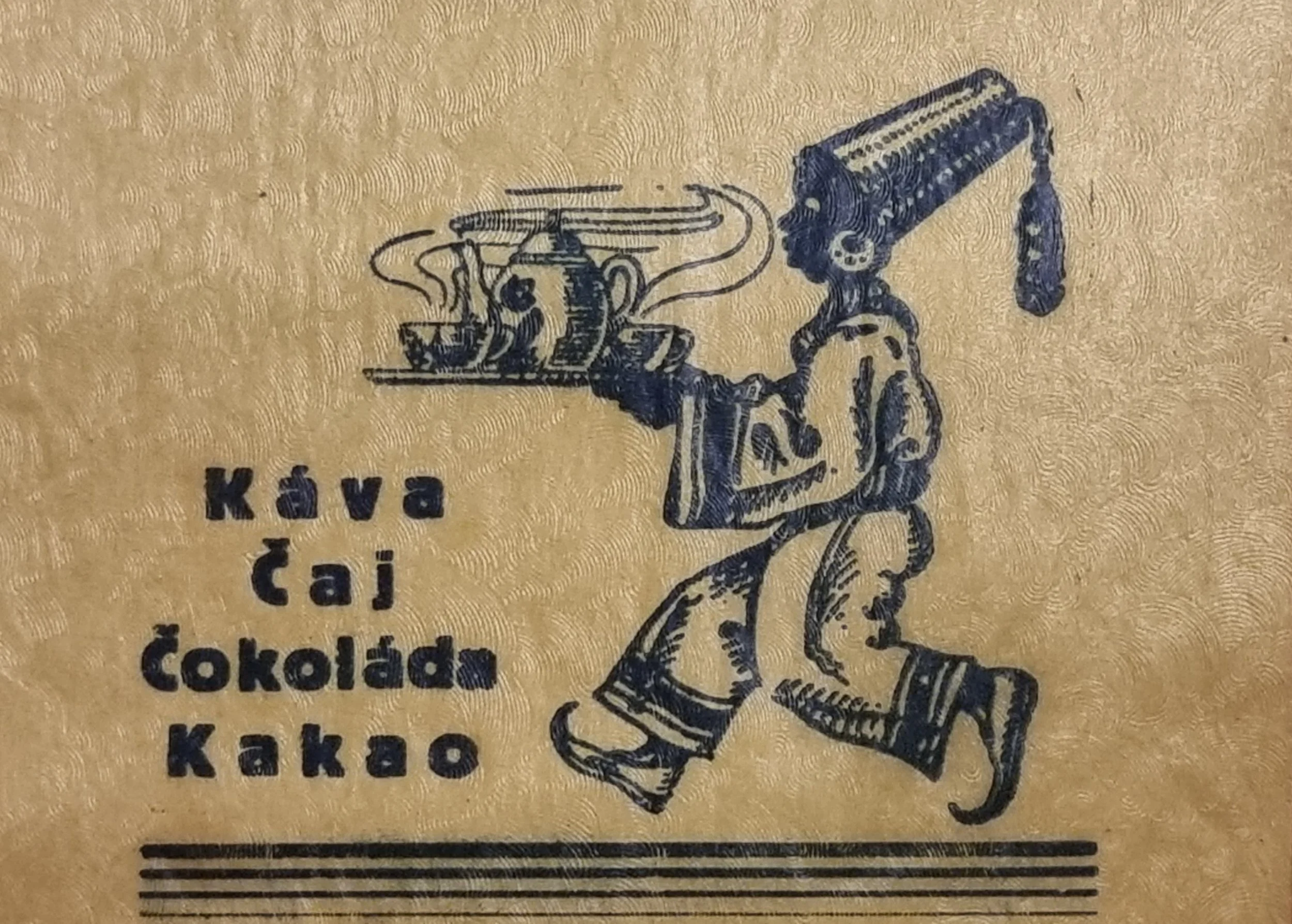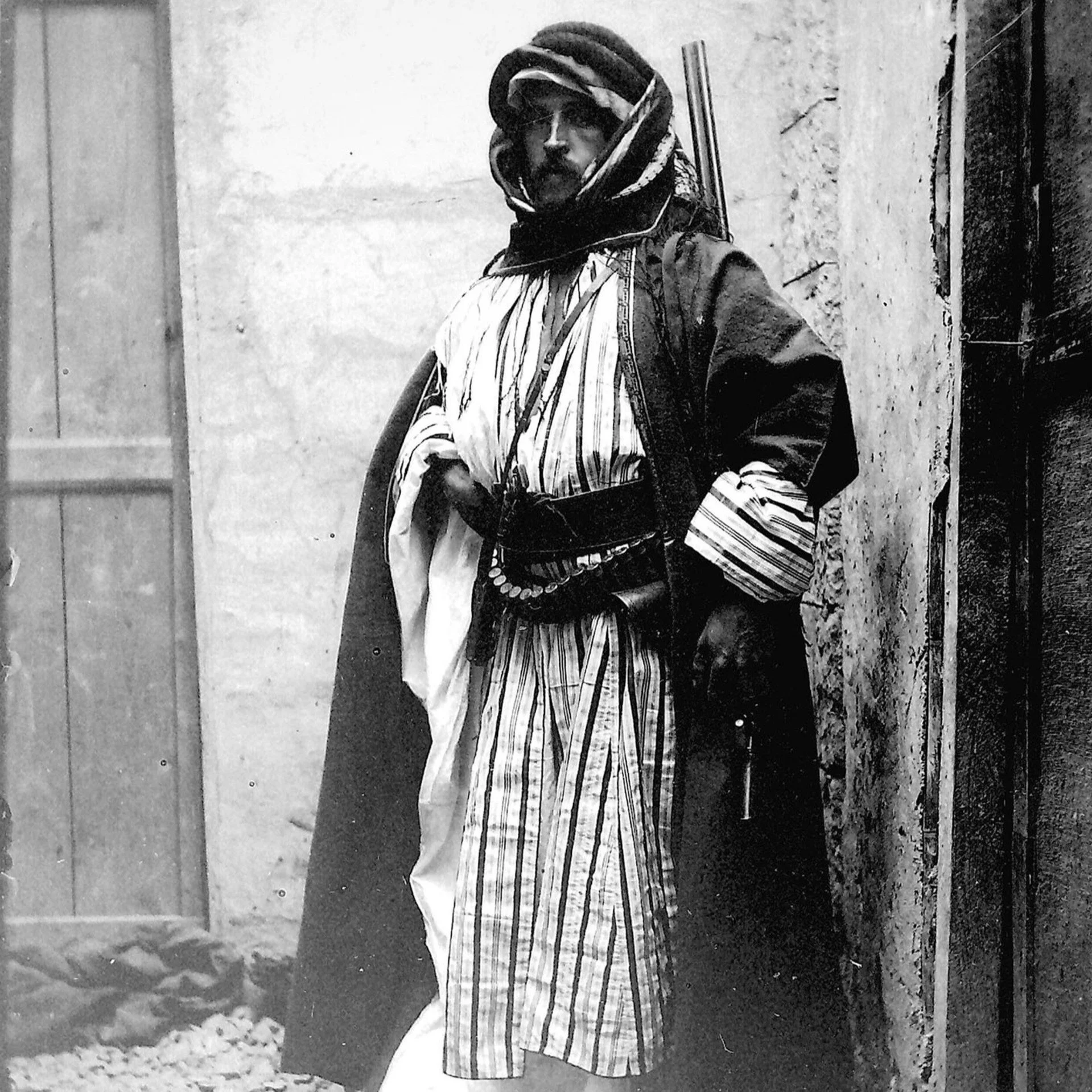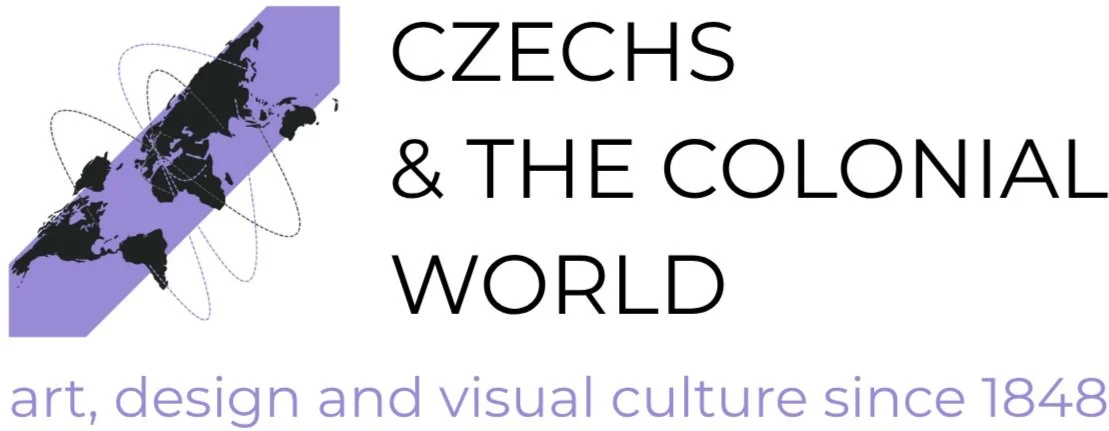Methodological Preliminaries
Critiques of the intertwining of European modernity and colonialism are well-established, and theoretical discussion has also argued that various historical concepts privilege European power culture. The notion of ‘epistemic violence’ captures the sense, too, that cultures of the global South are often compelled to submit to alien conceptual and interpretative schemas devised in the metropolitan centres of (formerly) colonial powers.

Alberto V. Frič with body painting by a Kadiweu artist. (c) Frič, Indiáni jižní Ameriky (Prague, 1957)

An exhibit from the permanent exhibition The Story of the City of České Budějovice. (c) Matthew Rampley's personal archive

Czech orientalist Alois Musil. (c) Archiv Akademické společnosti Aloise Musila
Where, however, do Czechs and Czechoslovakia sit in this matrix of powers. Czechs are used to seeing much of their own history as characterised by one of foreign, colonial or semi-colonial oppression, from the Habsburg Empire, to Nazi occupation and political and cultural domination by the Soviet Union. Where do Czech and Czechoslovak cultural practices sit in this debate? Ideas of ‘non-colonial coloniality’ or ‘colonial exceptionalism’ have been coined to account for the specific circumstances of Czech society, but are they tenable? Are they necessary for a critically nuanced understanding of the subject, or are they merely a way of avoiding uncomfortable reflection on Czech culture and its past?
